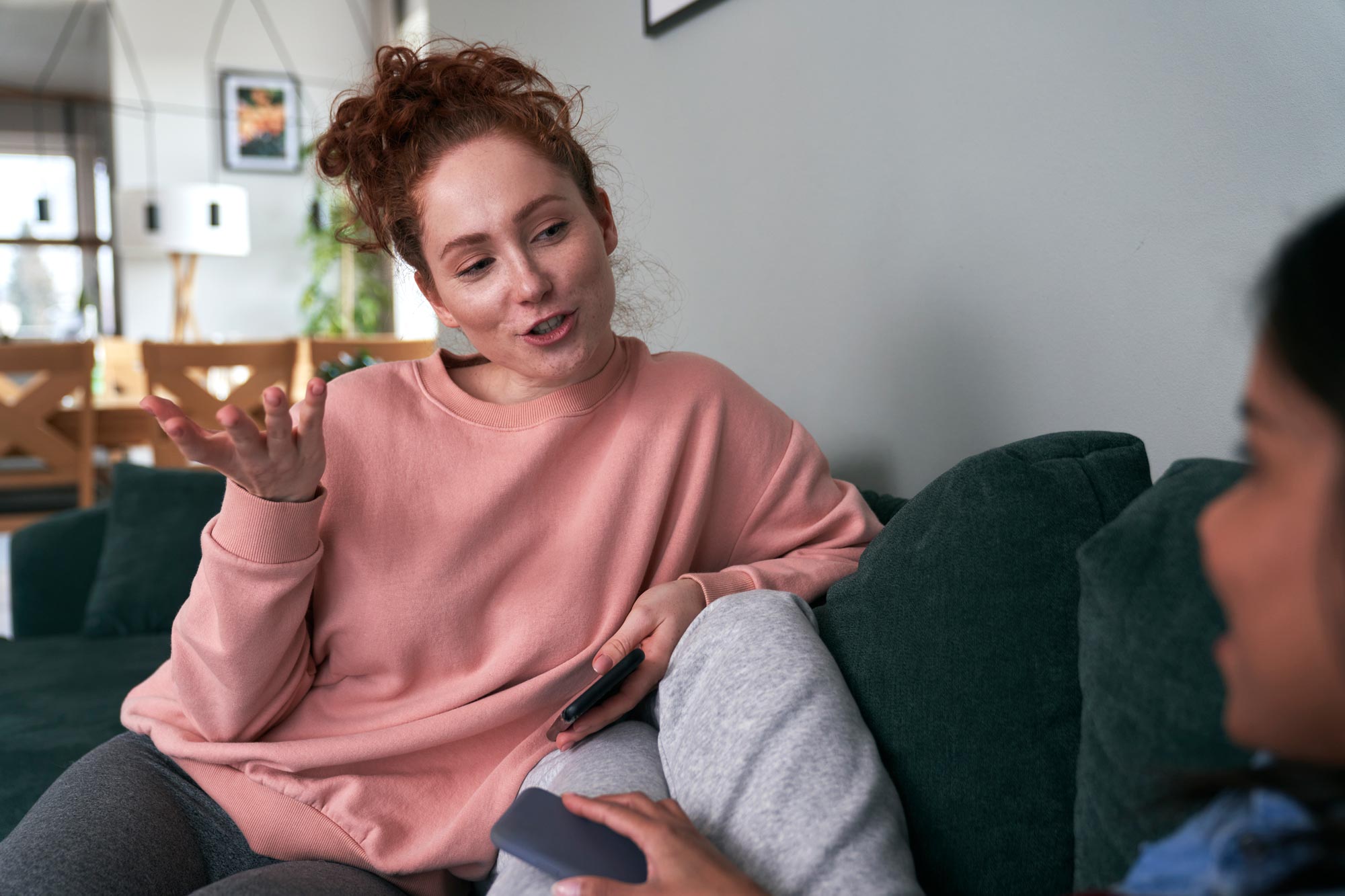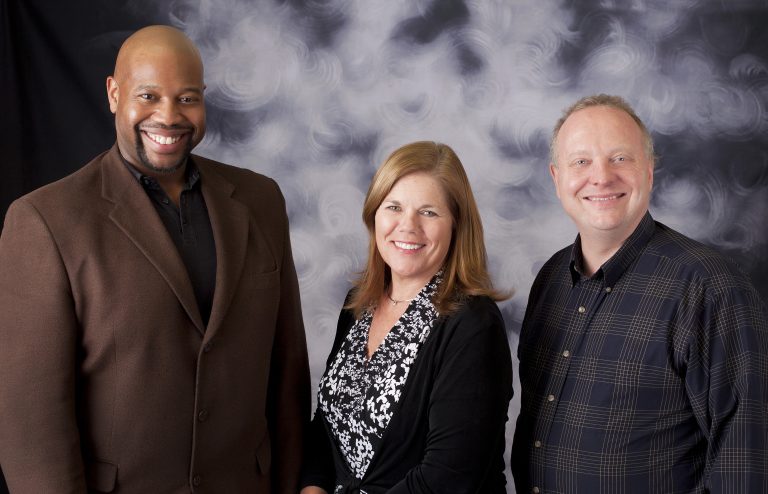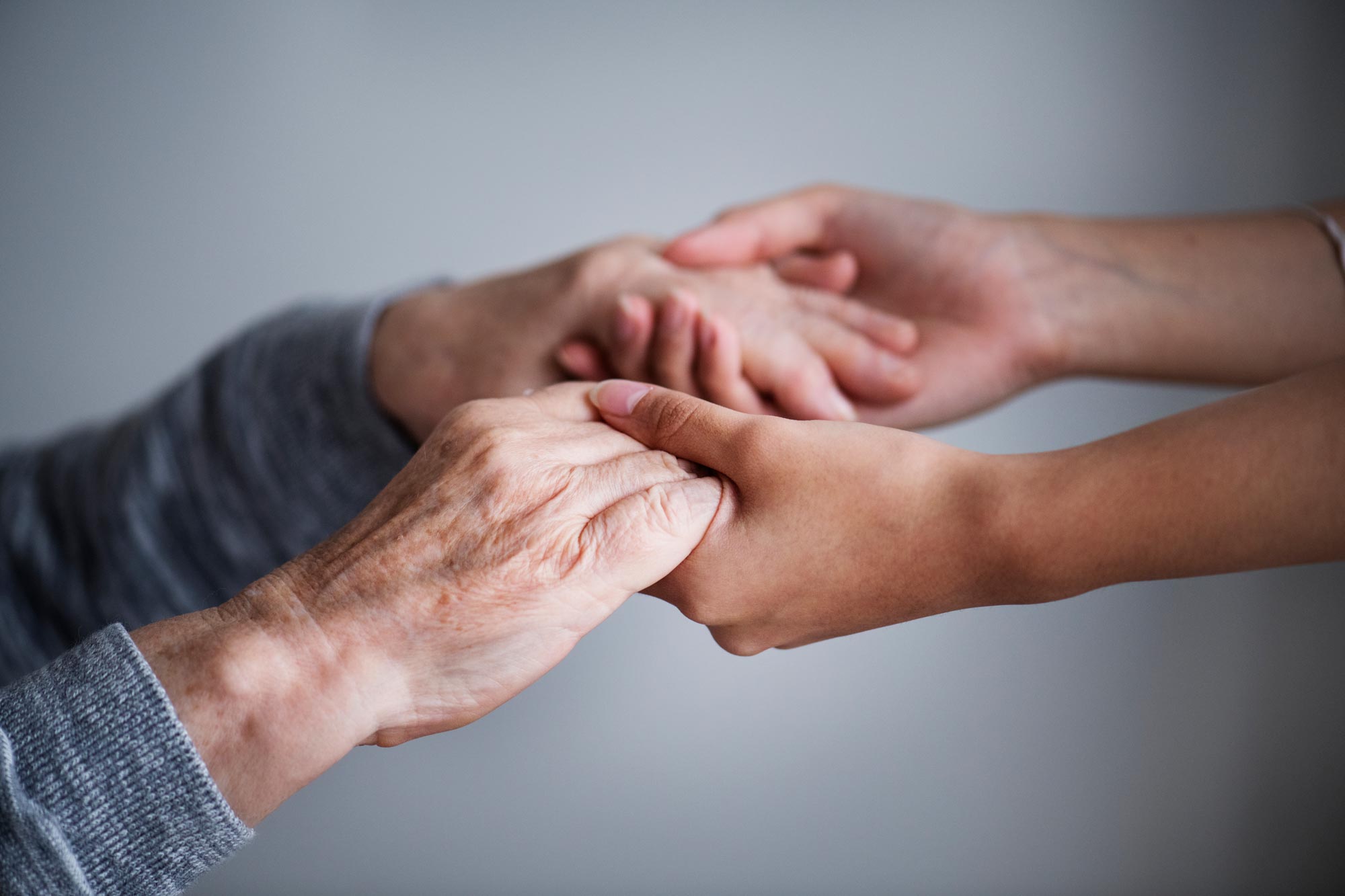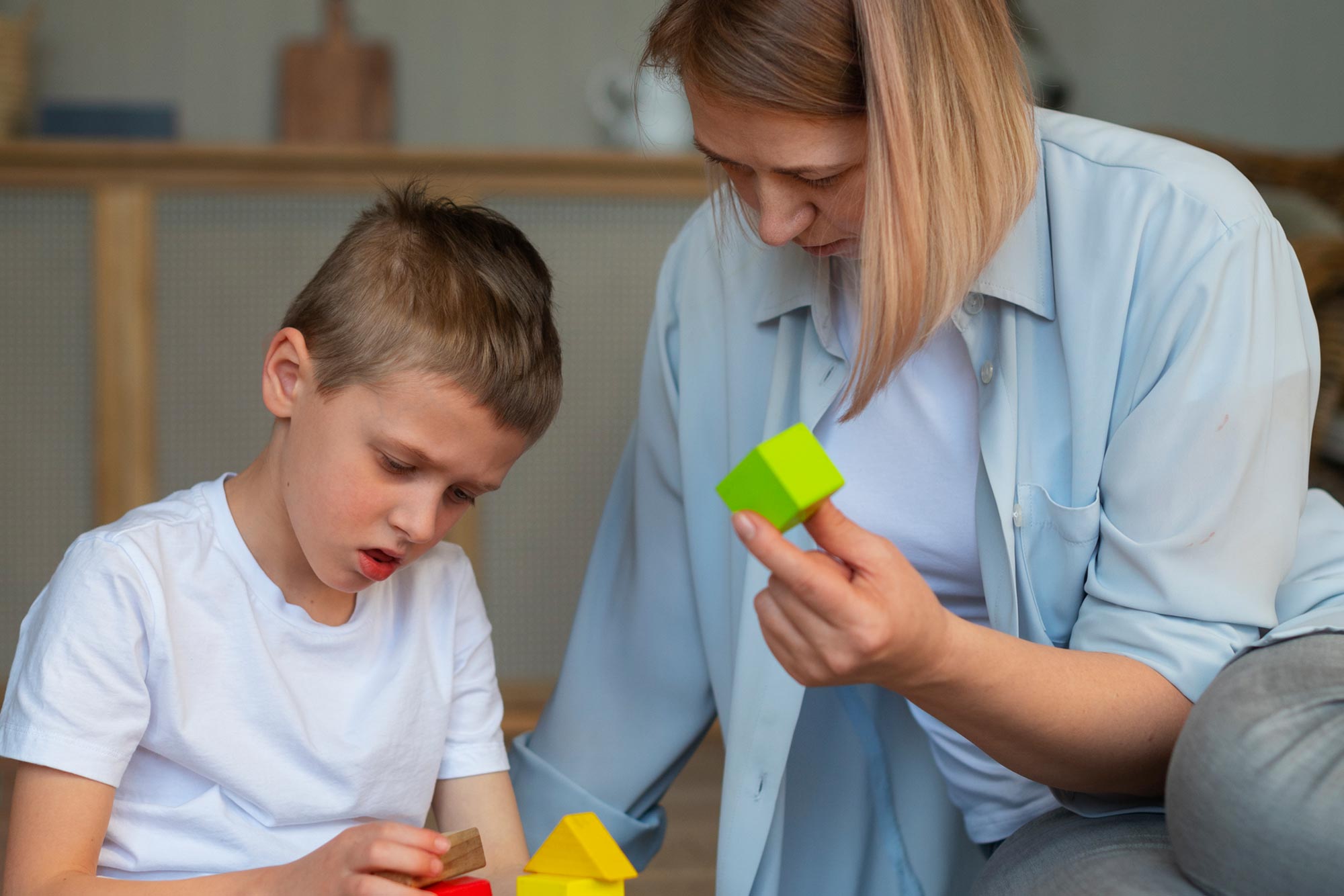Blog

By Dr. Aaron Ellington, PhD, LPCC-S, LICDC-CS
All relationships—whether with friends, family, or partners—face conflict. Sometimes we say things we don’t mean, avoid issues we should address, or let resentment build. When this happens, relationships can feel strained or even broken. The good news is that skills from Dialectical Behavior Therapy (DBT), specifically interpersonal effectiveness skills, can help repair and strengthen connections. These skills are not about winning arguments or forcing forgiveness. Instead, they are about communicating with honesty, respect, and balance—key ingredients in rebuilding trust.
Why Interpersonal Effectiveness Matters for Repair
When conflict happens, people often fall into extremes: avoiding the issue altogether, exploding with anger, or giving in to keep the peace. None of these create lasting resolution. DBT interpersonal effectiveness skills help by teaching you how to:
- Express your needs clearly without aggression
- Respect the other person’s perspective
- Balance your goals, the relationship, and your self-respect
- Approach repair conversations calmly and effectively
The DEAR MAN Skill: Asking for What You Need
DBT offers a structured way to communicate through the DEAR MAN skill:
- Describe – State the facts of the situation without judgment. (“Last night, you didn’t return my call.”)
- Express – Share your feelings clearly. (“I felt worried and hurt.”)
- Assert – Ask directly for what you want. (“I’d like you to let me know if you can’t call back.”)
- Reinforce – Highlight the benefits of responding positively. (“If you do, I’ll feel more reassured.”)
- Mindful – Stay on track, don’t get pulled into side arguments.
- Appear Confident – Speak with steady tone and body language.
- Negotiate – Be flexible and open to compromise if needed.
Balancing Priorities: GIVE and FAST
Relationship repair also means tending to both the relationship and yourself. DBT teaches two more sets of skills for this:
- GIVE (for maintaining the relationship): Be Gentle, show Interest, Validate the other person’s feelings, and use an Easy manner. These help keep the tone respectful and reduce defensiveness.
- FAST (for maintaining self-respect): Be Fair, don’t Apologize for simply existing or having needs, Stick to your values, and be Truthful. These protect your self-respect while still working toward repair.
Practical Steps for Relationship Repair
Here are ways to apply DBT interpersonal effectiveness skills in real life:
- Prepare before the talk: Write down your DEAR MAN statement to stay clear and calm.
- Choose timing wisely: Approach the conversation when both people are more likely to listen.
- Validate feelings: Even if you disagree, you can acknowledge the other person’s emotions. (“I can see why you felt hurt.”)
- Stay present: Avoid dragging in old conflicts—focus on the specific issue at hand.
- End with openness: Express willingness to keep working on the relationship moving forward.
Putting It All Together
Repairing relationships is rarely easy, but DBT interpersonal effectiveness skills offer a roadmap. By using DEAR MAN to communicate needs, GIVE to preserve connection, and FAST to hold onto self-respect, you create the conditions for healing. These skills don’t guarantee instant repair, but they increase the chances of building understanding and trust again.
In Summary: Relationship repair starts with balanced communication. DBT interpersonal effectiveness skills teach you how to be clear, respectful, and true to yourself—laying the groundwork for stronger, healthier connections. At Behavioral Health Services of Greater Cleveland, we specialize in evidence-based therapies like DBT that are tailored to your unique needs. Contact us today to schedule a consultation and explore the best options for your mental health journey. Behavioral Health Services of Greater Cleveland has two locations for in-person sessions (Rocky River and Medina), and Telehealth is available. Please call (866) 466-9591 ext. 0 for an intake.
Founded in 2008, BHSOGC has delivered professional Psychology Services to the greater Cleveland area with offices in Medina and Rocky River. We are a multi-disciplinary group practice with a clinical staff of psychologists, licensed social workers and masters level therapists.




